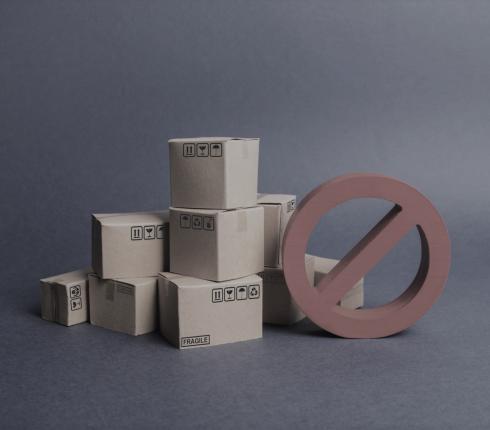New case law regarding the protection of commercial secrets in Lithuania
On 5 February 2016, the Supreme Administrative Court of Lithuania issued an important decision in civil case No 3K-7-6-706/2016 regarding the protection of commercial secrets. In this decision, the Supreme Court defined the type of information to be held as commercial secrets and identified the grounds for liability for the disclosure of confidential information.
Before this decision, in practice, the parties were facing many legal difficulties, particularly regarding unclear burden limits and the contents of commercial information. It was possible to manipulate the contents of commercial secrets and non-competition agreements, to use disproportionate damage mechanisms, and limits of liability. The Court of Justice has finally raised these issues and clarified the concept of commercial secrets:
- There are three basic requirements for commercial secrets: confidentiality, value, and reasonable efforts to preserve this information. Confidentiality and the value of commercial secrets are closely related because the fact that the information is unknown to third parties creates its competitive advantage compared with other market participants.
- In order to treat the information as a commercial secret, the information must give its owner certain advantages in business, production and/or financial benefits compared with other market participants. In addition, reasonable efforts should be made for the storage of such information; however, the degree of its confidentiality should not be absolute.
- A commercial secret is a type of confidential information. The definition of confidential information varies according to each case, and the confidential information does not necessarily have to coincide with a commercial secret. In order for the confidential information to be considered a commercial secret, it should meet all three above requirements.
- Legal liability for the use of confidential information does not always apply to the person who has disclosed it. If a certain company refers to the information as confidential, but the information is known to the public and may be freely accessed, the disclosure and use of such information do not entail the liability of the disclosing party.
- Employees are required to keep confidential information undisclosed for the period specified in their employment agreements, non-disclosure agreements or according to law. If the agreements signed between the parties or law do not set such term, the parties shall not disclose the confidential information for at least one year after the termination of the legal relationship between the parties.
- A non-disclosure agreement does not automatically mean a non-competition agreement. The fact that an employee has entered into a non-disclosure agreement with the employer does not limit the right of the employee to work for the employer’s competitors or to engage in competitive activities.
Read more about the Supreme Administrative Court's decision in civil case No 3K-7-6-706/2016 regarding the protection of commercial secrets.

































